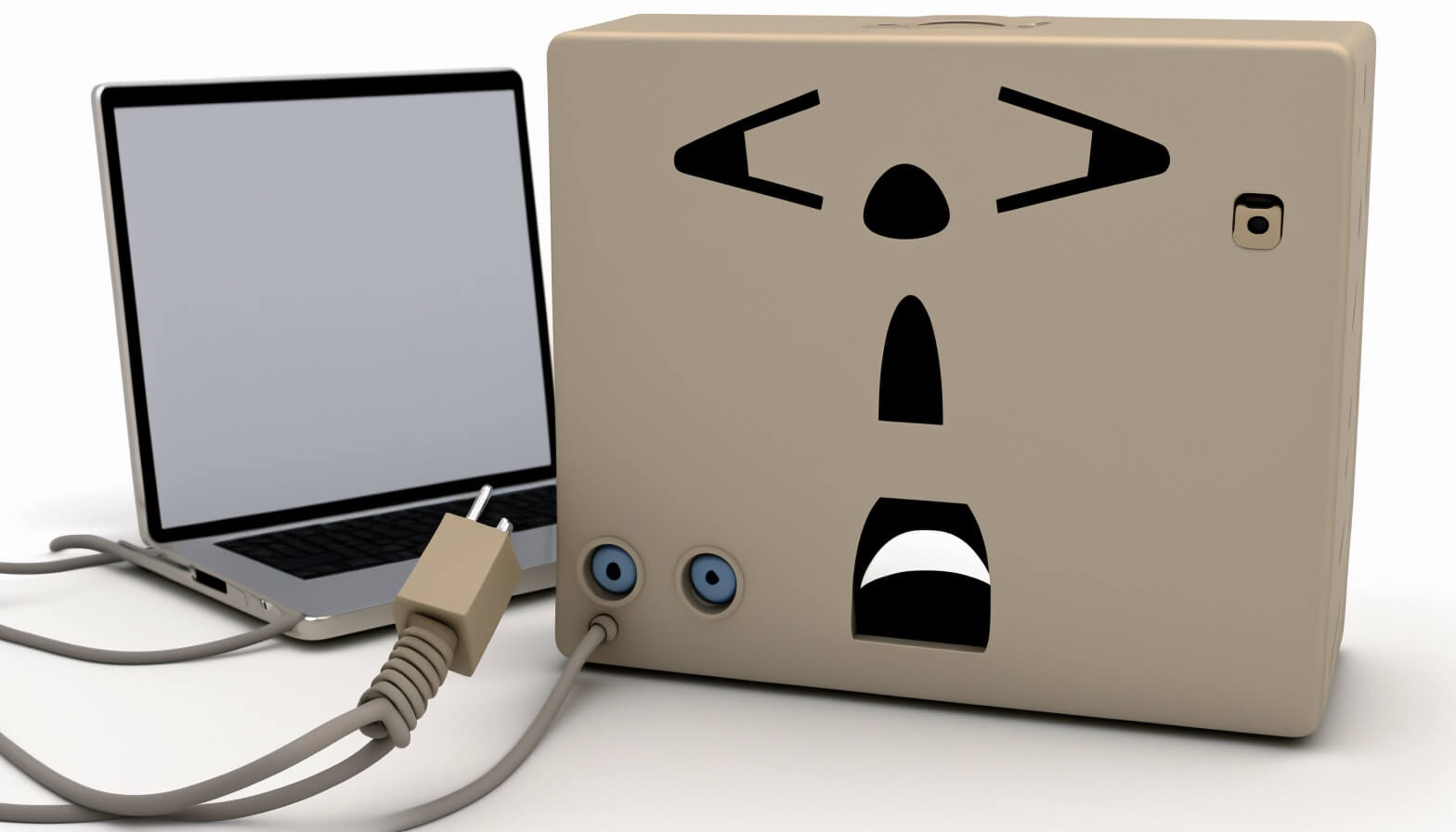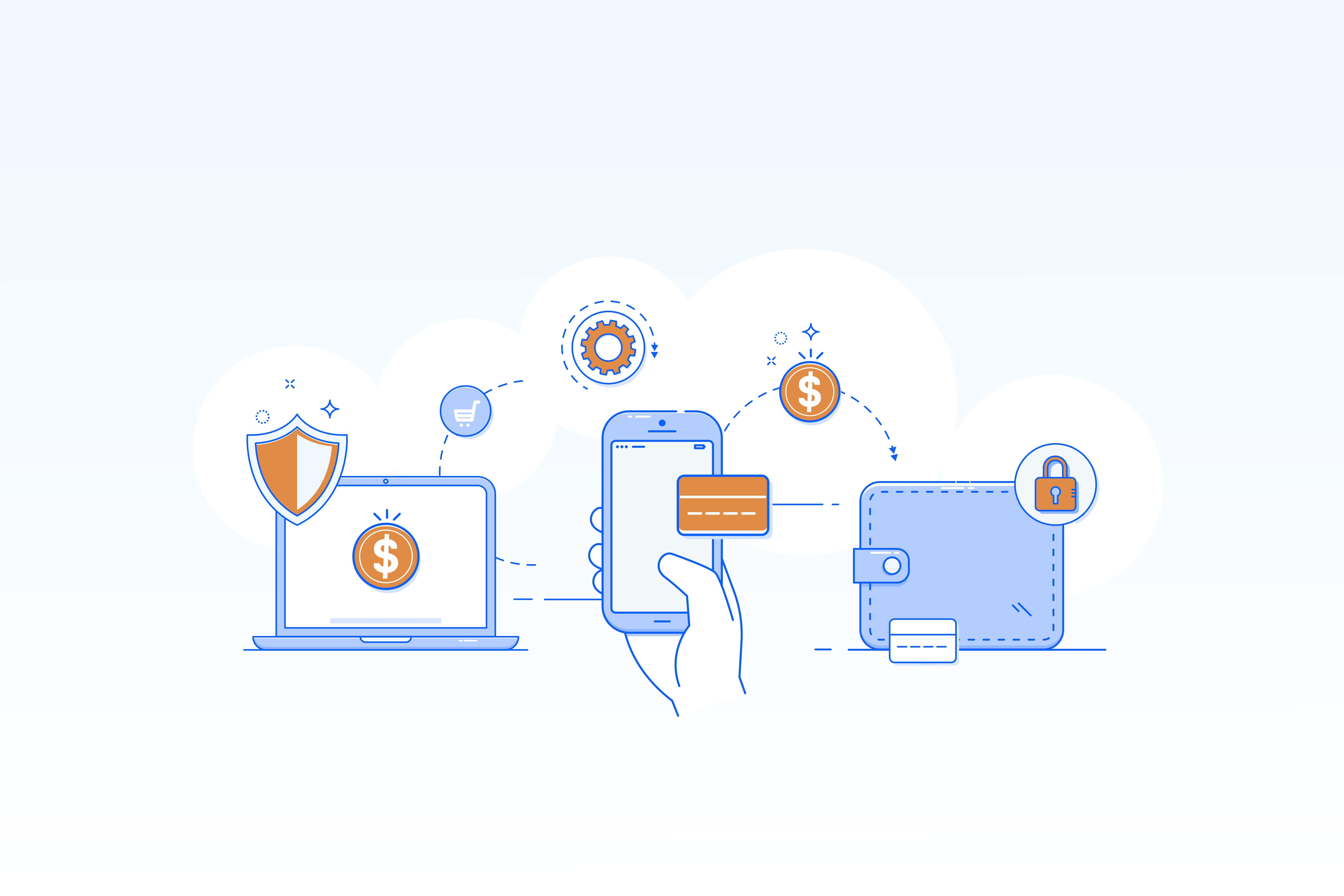
What is a proxy, and how does it generally work?
Proxy is a useful or protective layer of security for computer systems. Your computer can be protected from online threats like malware by setting them up as web filters or firewalls.
This added security is also beneficial when used with a secure web gateway or email security technologies.
By doing so, you can categorise traffic based on its safety level or the traffic volume your network—or individual computers—can handle. Some individuals use proxies for private reasons, such as disguising their location while accessing internet movies.
However, sometimes employers of schools set up their private proxy servers for people to surf online.
How does a Proxy Work?
When you use an online proxy, your browser establishes a connection with the proxy before sending traffic to the website you're visiting. Proxy servers are also referred to as "forward proxies" because of this. The response from the website will likewise be received by an internet proxy and sent back to you.
In everyday language, the term "proxy" refers to an individual who has your permission to act on your behalf, such as casting your vote in a meeting you cannot attend. An online proxy server performs the same function. Your interactions with the websites you browse are handled via a proxy rather than by you directly.
How does a Proxy Server Work?
A proxy server is a gateway that allows people and the internet to communicate anonymously. A router or computer system could be the proxy itself.
When a proxy server is used, internet traffic passes via the proxy before it gets to the target computer. Many IT organizations rely on proxy servers to filter out any potentially hazardous material that might come in from the internet because every communication goes through the proxy, providing some amount of protection and anonymity.
A proxy server serves as a middleman between a computer and the internet because it has its IP address. Your computer is aware of this address, and when you send an online request, it is forwarded to the proxy. The proxy then receives the web server's answer and passes the page's contents to your computer's browser, such as Chrome, Safari, Firefox, or Microsoft Edge. So, the primary purpose of a proxy server is:
- To maintain the anonymity of the system it uses.
- To utilize caching for fast resource access.
- To help organizations create their own secure network.
Are Proxy Servers Safe?
Unreliable proxies can steal your traffic and sell it for a fee, just like free VPNs. If you don’t let this happen, you must be careful with the tools you use.
You cannot ensure that any proxy used by a third party is totally secure. However, if you pay for a proxy service, the provider likely makes a commitment not to record your traffic.
You needn't be concerned about this if you set up your proxy server. You are in charge of looking after and protecting the server, though. Anyone can access your Internet connection if you unintentionally leave your proxy server accessible via the Internet without authentication. If you do this, you could get into a lot of problems; therefore, use secure authentication.
Bottom line
If you are trying to secure your connection or mask your IP address, the proxy seems to be a great choice for it. Create your own secure network within the organization or in your home and surf online - eliminating the risk of online threats.

What are HTTP and HTTPS Proxies?
HTTP and HTTPS proxies are commonly used in the world of web browsing and internet access. While both types of proxies serve similar purposes, there are a few key differences between them

Parental Control At Home Using Proxy
Parental control is a crucial aspect of raising kids in today's digital age. The internet can expose children to inappropriate content and put them at risk of encountering cyberbullying, harassment, or worse. To keep children safe online, many parents use parental control software, which blocks certain websites or limits access to the internet altogether. However, these solutions can be circumvented or defeated, leaving children exposed to harmful content. A proxy server is a powerful tool that can be used to enhance parental control and protect children online

Choosing Proxies For Sneakers
When it comes to buying sneakers, you need to be quick, and the right proxies can help you achieve this. Proxies are essential in securing a sneaker purchase online, especially for popular releases that can sell out in minutes. In this article, we will discuss the factors you should consider when choosing proxies for sneakers, so you can improve your chances of getting your desired sneakers.

Managing Multi Accounts with MiaProxy
Managing multiple accounts on various platforms can be a daunting task, especially when it comes to maintaining the anonymity of those accounts. This is where a proxy comes in. A proxy allows you to access the internet through a different IP address, thus masking your actual location and making it appear as if the accounts are being managed from different locations

How Decentralized Residential Proxy Works?
A decentralized residential proxy is a new way of providing proxy services that utilizes peer-to-peer technology. Instead of relying on a central server, a decentralized residential proxy network is made up of multiple nodes, or individual devices, that work together to provide proxy services. This allows for a more robust and resilient network, as there is no single point of failure

